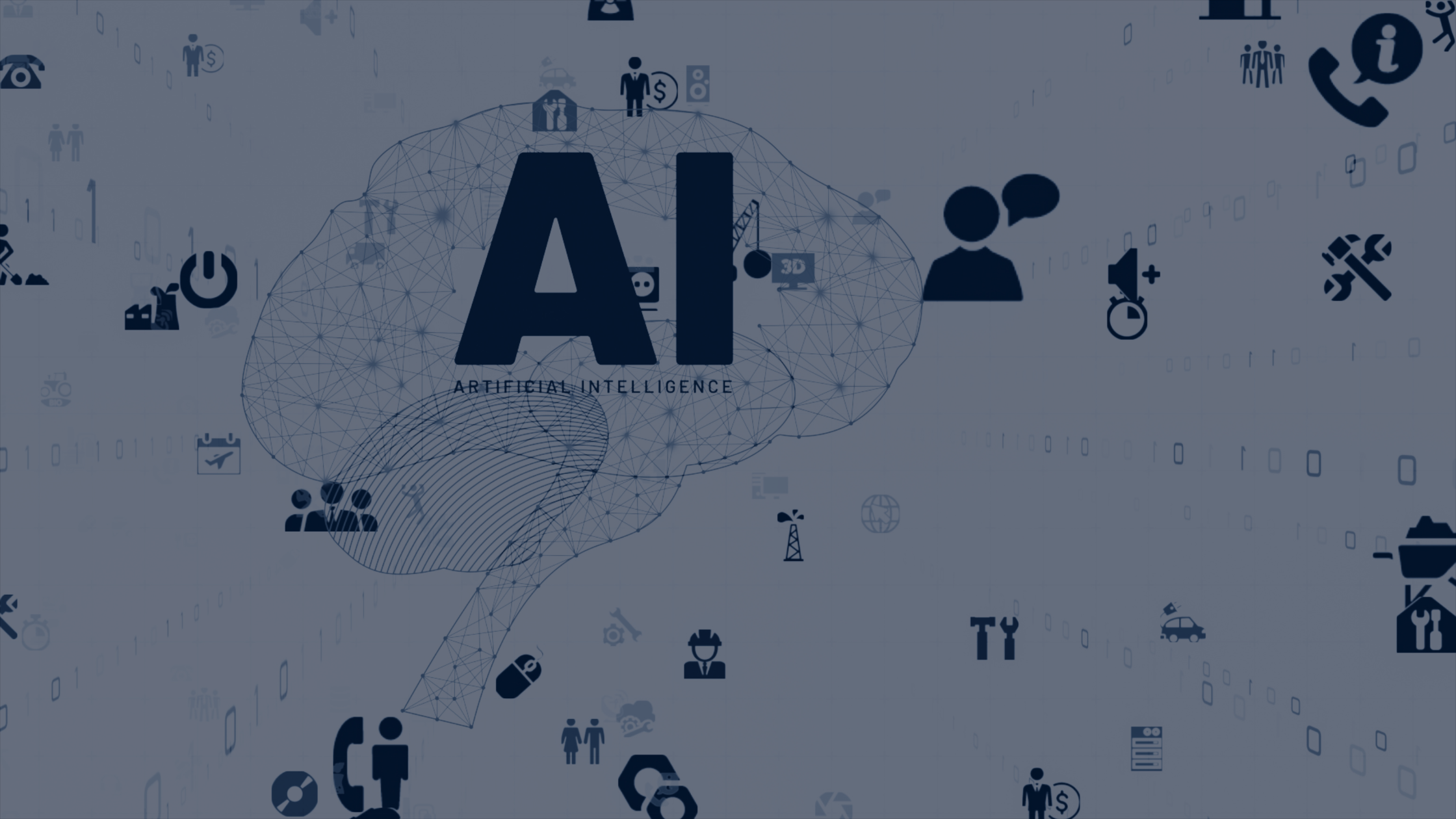The world of communication is undergoing a profound transformation, and at the heart of this revolution lies Artificial Intelligence (AI). This powerful technology is reshaping how we connect, communicate, and interact with networks and services. From optimising network performance to enhancing customer experiences, AI is proving to be a game-changer in the telecommunications industry.
The Evolution of AI in Telecoms
The integration of AI into telecommunications is not a sudden phenomenon. It has been a gradual evolution, with early applications focusing on automating routine tasks and improving network efficiency. For example, Ericsson started exploring big data analytics as far back as 16 years ago, seeking to simplify operations, manage customer complaints, and automating manual tasks. [1] Recent advancements in machine learning, natural language processing, and data analytics have propelled AI to the forefront of telecom innovation at various companies.
Read more blogs on artificial intelligence: https://www.tauspace.com/?s=artificial+intelligence
AI-Powered Network Optimisation
One of the most significant impacts of AI in communications is in network optimisation. Traditional network management relied on manual processes and rule-based systems, which often struggled to keep up with the dynamic and complex nature of modern networks. AI, with its ability to analyse vast amounts of data and learn from patterns, is revolutionising network operations.
- Self-Organising Networks (SON): AI-powered SONs can autonomously configure, optimise, and heal themselves, ensuring optimal performance and reducing the need for human intervention. They can proactively identify and resolve network issues, leading to improved network reliability and reduced downtime.
- Predictive Maintenance: AI algorithms can analyse network data to predict potential equipment failures or performance degradation. This allows telecom operators to take proactive maintenance actions, preventing costly outages and ensuring a seamless user experience.
- Traffic Management: AI can intelligently route traffic based on real-time network conditions, optimising bandwidth utilisation and ensuring smooth delivery of data even during peak hours.
Enhancing Customer Experiences with AI
AI is not only transforming the infrastructure of communication networks but also enhancing the services they provide. AI-powered applications are making communication more personalised, efficient, and accessible.
- Chatbots and Virtual Assistants: AI-powered chatbots and virtual assistants are becoming increasingly sophisticated, capable of handling customer inquiries, providing support, and even completing transactions. This not only improves customer service but also reduces costs for service providers.
- Language Translation: AI-powered language translation tools are breaking down language barriers, enabling real-time communication and collaboration between people who speak different languages.
- Sentiment Analysis: AI can analyse the sentiment of communications, such as emails, social media posts, and customer reviews. This helps businesses understand customer opinions, identify potential issues, and tailor their communication strategies.
- Personalised Recommendations: AI algorithms can analyse user data to provide personalised recommendations for content, products, and services. This enhances user engagement and satisfaction.
The Future of AI in Communication
The future of AI in communication is incredibly promising. As AI technology continues to advance, we can expect even more innovative applications that will further transform how we connect and communicate.
- Enhanced Network Security: AI will play a crucial role in protecting communication networks from cyber threats. AI algorithms can detect and respond to security breaches in real-time, safeguarding sensitive data and ensuring network integrity.
- Generative AI in Network Design: AI models can be used to generate network designs based on specific requirements, optimising for efficiency, cost, and performance.
- Natural Language Processing (NLP) for Customer Interactions: NLP advancements will enable more natural and intuitive interactions with chatbots and virtual assistants, making them even more helpful and efficient.
- Immersive Communication Experiences: AI will enable more immersive communication experiences, such as virtual and augmented reality. This will transform how we interact with each other and with information.
Challenges and Considerations
While the potential of AI in communication is immense, there are also challenges that need to be addressed.
- Data Privacy: The use of AI in communication raises concerns about data privacy. It is crucial to ensure that AI systems are designed and used in a way that protects user data and respects privacy rights.
- Bias and Fairness: AI algorithms can perpetuate biases present in the data they are trained on. It is important to ensure that AI systems are fair and unbiased in their decision-making.
- Ethical Considerations: The use of AI in communication raises ethical questions, such as the potential for AI-generated deep-fakes or the impact of AI on employment in the telecom industry. It is important to have open and transparent discussions about the ethical implications of AI.
- Skills Gap: Implementing AI requires specialised skills and expertise. Telecom companies need to invest in training and development to ensure their workforce is equipped to leverage AI effectively.
Conclusion
The future of communication networks and services is intertwined with AI. As AI technology continues to advance, we can expect even more innovative applications that will further transform the telecom industry. From self-healing networks and intelligent routing to hyper-personalised services and augmented reality communications, AI is poised to redefine how we connect and interact in the digital age.
The telecom companies that embrace AI and invest in its potential will not only gain a competitive edge but also play a pivotal role in shaping the future of communication. It’s an exciting time to be a part of this dynamic and rapidly evolving industry.
[1] https://www.ericsson.com/en/blog/2023/11/ai-in-telecom-past-present-and-future









